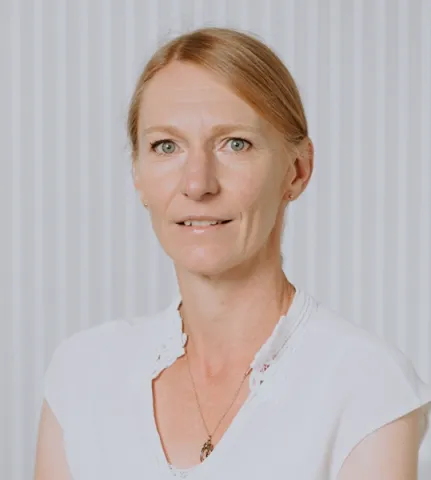About the project
This project seeks to develop a simple, low-cost laser materials processing procedure to fabricate high quality polysilicon photonic platforms that will ease issues associated with optoelectronic integration.
Bringing optical and electronic functionality together on a single chip promises to transform the way we process and transmit information, important for realizing faster and more efficient data centres and sensors. By developing low-cost, flexible polysilicon components this project will tackle key issues associated with integrating optical and electronic circuits.
Silicon materials are synonymous with the microelectronics industry and, in particular, the processors used in everyday gadgets such as mobile phones, tablets, digital radios and televisions. More recently, due to its favourable optical properties, silicon has gained popularity in the field of optical information technologies, i.e., using photons instead of electrons to transfer information.
Bringing these two research areas together on an integrated platform will have huge technological consequences. However, there is a challenge: silicon photonic devices are typically fabricated via complex processing of expensive single crystal wafers, which renders multi-device integration difficult.
The work will have elements of materials deposition, device fabrication, and optical characterization of components such as couplers, resonators, and modulators. It will also be possible to extend this work to other semiconductor materials, including silicon-germanium alloys where laser processing can be used to locally control the composition to tune device performance.
You will be integrated within our team of dynamic and skilled researchers. There will be opportunities to interact with our academic and industrial partners across the UK and internationally.
The Optoelectronics Research Centre (ORC) project work comprises a solid education for a research career. The structured first year involves attending our training programme running in parallel with carrying out your research project. This provides a smooth transition from your degree course towards the more open-ended research that takes place in the following years under the guidance of your project supervisors.
A range of technical skills training will also be carried out in areas such as fabrication, component characterization, general laboratory work, and data analysis, depending on needs.
You will also have the opportunity to present your work at international conferences and to write papers in leading academic journal. You can expect to emerge from the PhD with skills at the forefront of future photonics research. with our academic and industrial partners across the UK and internationally.

